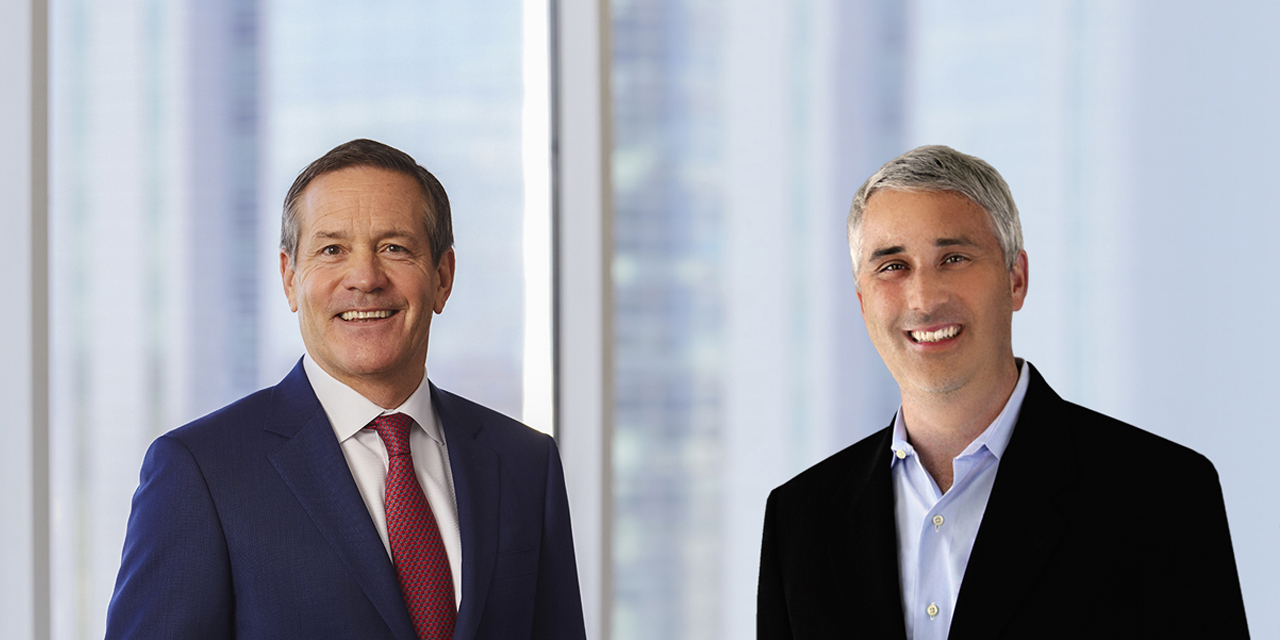
Optimism vs. Pessimism
Mike:
John, there’s been something on my mind lately and I can’t seem to shake it. My friend Michael Batnick wrote an article titled “Young Bulls, Old Bears” where he talks about that notion that, in general, younger investors seem to be more optimistic than older investors. Take a look at this Investopedia survey that was published on The Wall Street Journal’s May 15 “Daily Shot”:
According to McKinsey, the average age of a wealth management client is 64.2 years old, which means the majority of them fall squarely into the baby boomer generation. Here’s what’s stuck in my head, John: The notion that as you go through life you tend to slowly move from a bullish outlook to a bearish one – is that a real thing or not? Obviously, studies like these can be misleading, but is there something to the thought that our clients just naturally become more skeptical about the future – especially with respect to investing – as time marches on?
John:
I agree with differences in outlook across generations and age groups, Mike. But I’m not so sure it’s a matter of optimism vs. pessimism – I think it has more to do with time horizons. As we know, volatility risk in financial markets is greater over short periods of time: The longer the time period, the more predictably asset classes tend to behave. That’s why one of the cardinal rules of investing is, the sooner you need access to cash (to pay living expenses in retirement, for example), the more conservatively you should invest that cash – to take as much volatility risk out of the equation as you can. Younger investors have longer time horizons than older ones. Couldn’t that account for your charts?
Mike:
It might, and that’s a really valid point. Maybe the bearish outlook has more to do with the fact that the investments of a 38-year-old will always look wildly different than the investments of, say, a 70-year-old. I was also wondering if what we are seeing right now might also cause older investors to be more negative on the market. Is the combination of a pandemic and social unrest “scaring” our older clients out of risky assets and into the safety of cash or bonds? And if so, will that it make it harder for them to reach their cherished goals? For a great many people, “outliving their money” is also a risk.
John:
There is an old saying, “A young conservative has no heart. An old liberal has no head.” Now, I don’t fully agree with that, but I don’t know anyone, young or old, who isn’t more risk-averse these days given all that we are going through. The question is: Is it permanent? Will investors increase their savings rates? Will corporate executives reduce their business investments, leading to slower growth? If so, for how long? Or will we discover a vaccine, take measured risks in returning to work and tackle together the hard work of building more inclusive communities? On that score, put me down as an optimist – in spite of my advancing years.
Mike:
You know what, John, dear friend and mentor, I don’t want to believe it. In fact I refuse to think that as we age we get more pessimistic about life and investing. If you’ve seen this country grow and change over the decades, you have to acknowledge that most things get better over time, not worse. There are things about society that need improving, no doubt. We have our ups and downs, we have our setbacks and our victories, and admittedly 2020 is an absolute mess – but I refuse to let our clients think things will be worse going forward. That’s not true, and it never has been. I will remind them that the world has only gotten better over their lifetimes, that the advancements in technology and medicine and spaceflight will lead to a brighter future instead of a darker one.
We will persevere, we will change and adapt – we have to. It’s never been more important that everyone share in the American dream equally.


